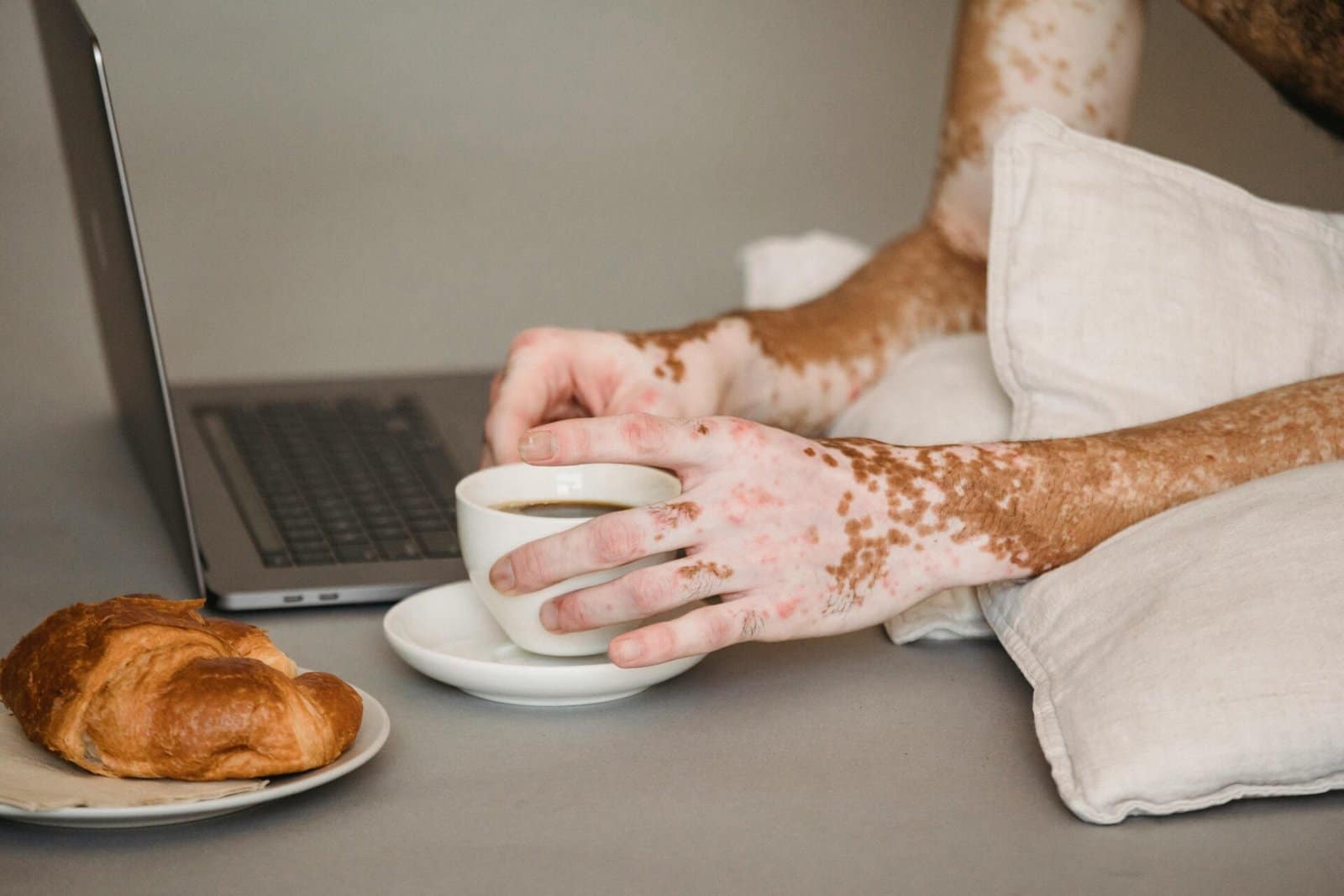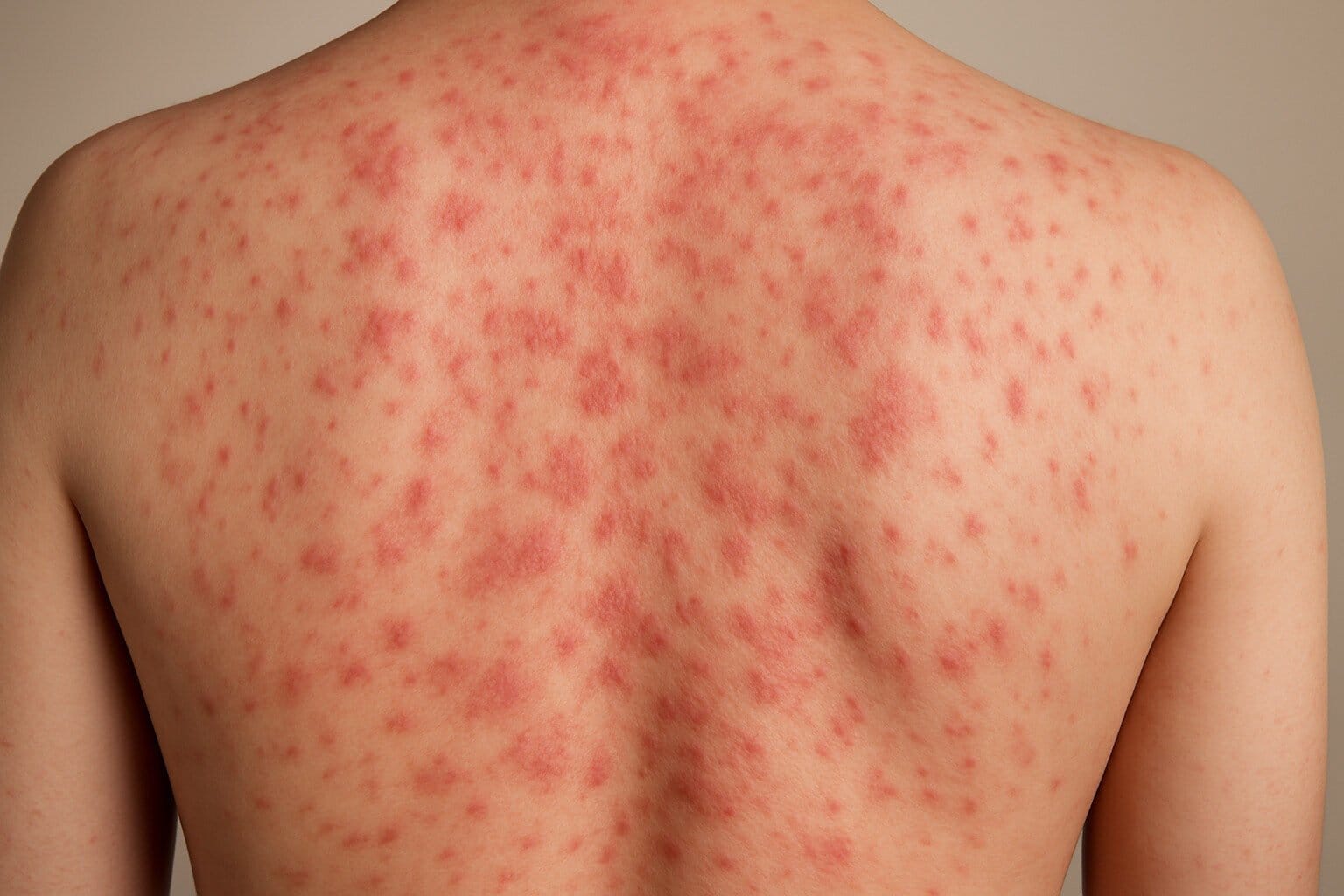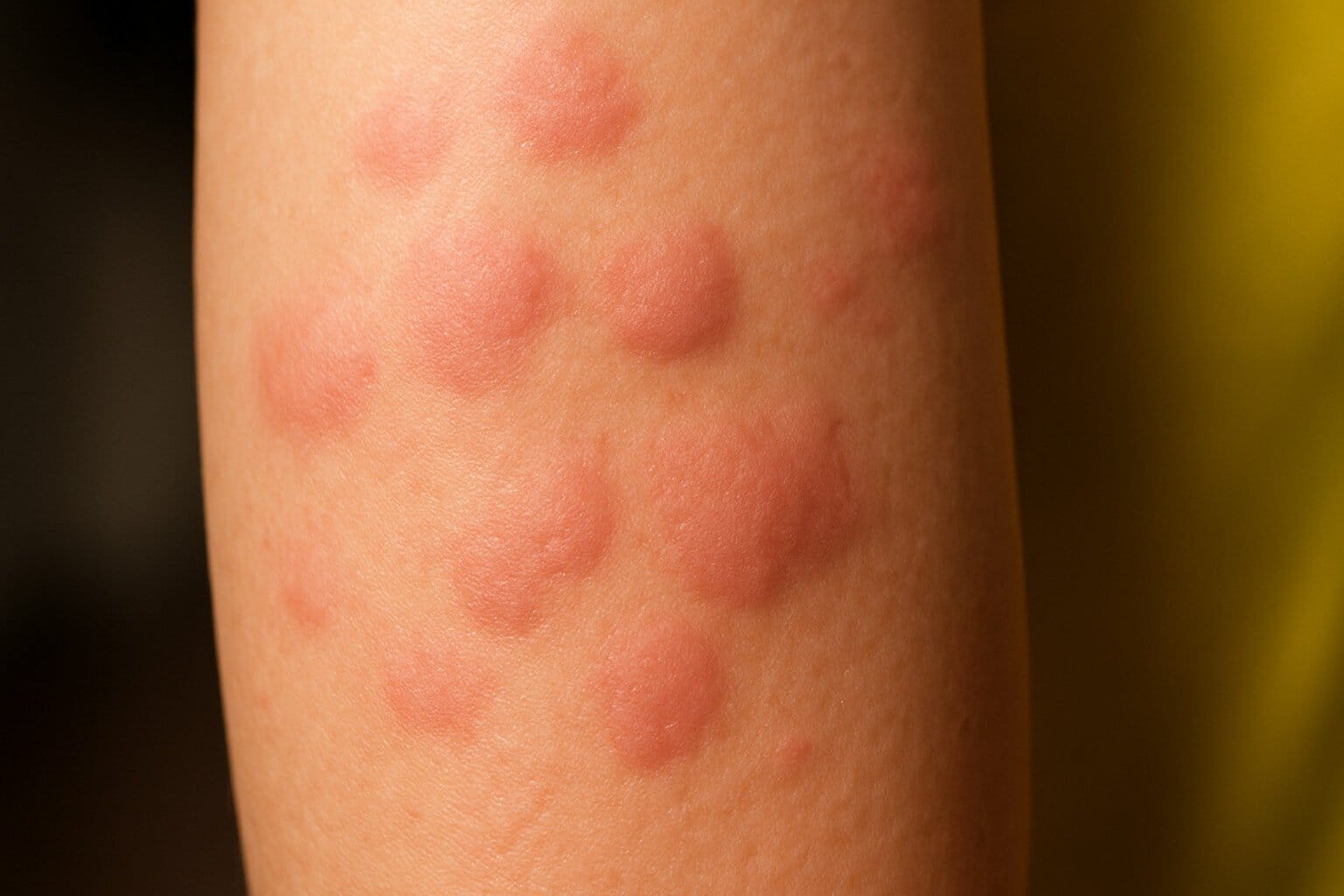Living with Ichthyosis Vulgaris: Tips for Managing Scaling & Dryness
Ichthyosis vulgaris is a skin condition that causes dry, scaly skin, often described as looking like fish scales. It’s a genetic disorder that many people manage daily, and while it can be challenging, there are ways to keep your skin comfortable and healthy. This article breaks down what ichthyosis vulgaris is, why it happens, and practical tips for managing it, written simply for anyone new to the condition.
Why it happens?
Ichthyosis vulgaris occurs due to a genetic mutation that affects how your skin sheds dead cells. Normally, skin cells flake off naturally, but with ichthyosis vulgaris, they stick together, forming thick, scaly patches. This is usually caused by a mutation in the filaggrin gene, which helps maintain the skin’s moisture barrier. If you inherit this mutation from one or both parents, you’re more likely to have the condition. Dry weather, cold temperatures, or harsh soaps can worsen symptoms, making the skin feel tighter and scalier.
How it happens?
Ichthyosis vulgaris shows up as dry, scaly patches, often on the legs, arms, or torso. The scales may look white or gray and feel rough. Symptoms often start in childhood and can improve or worsen with age. To diagnose it, look for signs like persistent dryness, scaling (especially on shins or elbows), or slightly thickened skin. A doctor will ask about your family history, as it’s often hereditary, and examine your skin’s appearance. In some cases, a skin biopsy or genetic test confirms the diagnosis by identifying the filaggrin mutation. If you notice chronic scaling or dryness that doesn’t improve with moisturizers, see a dermatologist to rule out similar conditions like eczema or psoriasis.
Types
Ichthyosis vulgaris is one type of ichthyosis, a group of disorders causing scaly skin. It’s the most common form, often mild compared to others. Other types include X-linked ichthyosis, which mainly affects males and causes larger, darker scales, and lamellar ichthyosis, which involves thicker scaling over the whole body. Each type has different genetic causes and severity, but ichthyosis vulgaris typically affects smaller areas and is manageable with consistent care.
Myths
- Myth: Ichthyosis vulgaris is contagious.
Reality: It’s a genetic condition, not an infection, so it cannot spread to others. - Myth: It’s caused by poor hygiene.
Reality: Hygiene doesn’t cause it; it’s due to a genetic mutation affecting skin cell turnover. - Myth: Only children have it.
Reality: While symptoms often start in childhood, many adults live with it too. - Myth: Moisturizers alone can cure it.
Reality: Moisturizers help manage symptoms but don’t cure the genetic condition. - Myth: It’s just dry skin.
Reality: It’s more than dryness; it involves a specific genetic issue causing scaling.
Solutions and Preventions
Managing ichthyosis vulgaris focuses on keeping skin hydrated and reducing scaling. Apply thick, fragrance-free creams or ointments like petroleum jelly right after bathing to lock in moisture. Use mild, soap-free cleansers to avoid drying out your skin. Exfoliating creams with ingredients like lactic acid or urea can help loosen scales, but ask a doctor before using them. In severe cases, a dermatologist may prescribe retinoid creams to promote cell turnover. To prevent worsening, avoid hot showers, which strip skin oils, and use a humidifier in dry or cold weather. Protect your skin from harsh chemicals by wearing gloves during chores. Regular care and consistency are key to keeping symptoms under control.
Suggestion
Start by establishing a daily skincare routine with fragrance-free moisturizers and gentle cleansers. Track when your skin feels worse, like in winter or after using certain products, to identify triggers. If scaling or discomfort persists, consult a dermatologist for personalized advice or prescription treatments. Joining a support group, like those offered by the Foundation for Ichthyosis & Related Skin Types (FIRST), can provide tips and emotional support from others living with the condition.
FAQs
Q: Does diet affect ichthyosis vulgaris?
A: Diet doesn’t directly cause it, but staying hydrated and eating a balanced diet supports overall skin health.
Q: Can ichthyosis vulgaris be cured?
A: There’s no cure, but symptoms can be managed with consistent moisturizing and medical treatments.
Q: How often should I moisturize?
A: Apply moisturizer at least twice daily, especially after bathing, to lock in moisture.
Q: Can ichthyosis vulgaris get worse with age?
A: Symptoms may improve in adulthood for some, but others experience persistent scaling, especially in dry climates.
Q: Are natural remedies effective?
A: Some, like coconut oil, may hydrate skin, but consult a doctor to ensure they’re safe and effective for you.
Subscribe to our newsletter!







